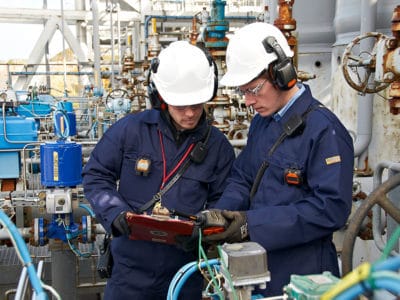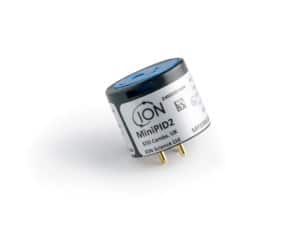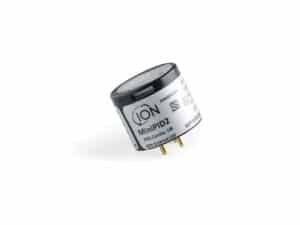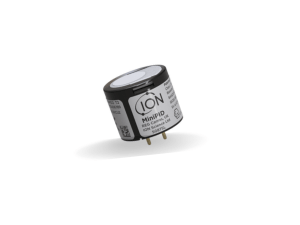
The Use of PIDs in IVF Labs
Air quality in IVF laboratories plays a pivotal role in successful outcomes
Air quality is a critical factor in IVF laboratories as embryos and gametes are highly sensitive to even trace levels of volatile organic compounds (VOCs), particulates, and microbes. Poor air conditions can compromise embryo development, lower fertilization and implantation rates, and reduce overall treatment success
The Use of Photoionization Detectors Within In Vitro Fertilization Laboratories
Volatile Organic Compounds (VOCs) pose many risks to human health and the environment, and should be monitored and controlled to reduce exposure. In specific environments, such as laboratories, air quality is monitored to ensure air supply is not contaminated.
In Vitro Fertilization (IVF) is an Assisted Reproductive Technology (ART) used to help individuals or couples in conceiving, when natural conception is not possible. Despite technological advancements over the years, the success rate of IVF is typically below 40%, making it vital to optimize every aspect of the process to improve success rates. A crucial factor influencing IVF success is air quality, as VOCs can detrimentally impact successful outcomes. Therefore, a major step of risk prevention is to monitor and control VOCs.
Download our FREE Guide
“Use of PIDs in IVF Labs”
Get in Touch!
Interested in learning more about VOC monitoring within IVF laboratories or other medical backgrounds? Fill out the form below, and a member of our expert team will be in touch!











